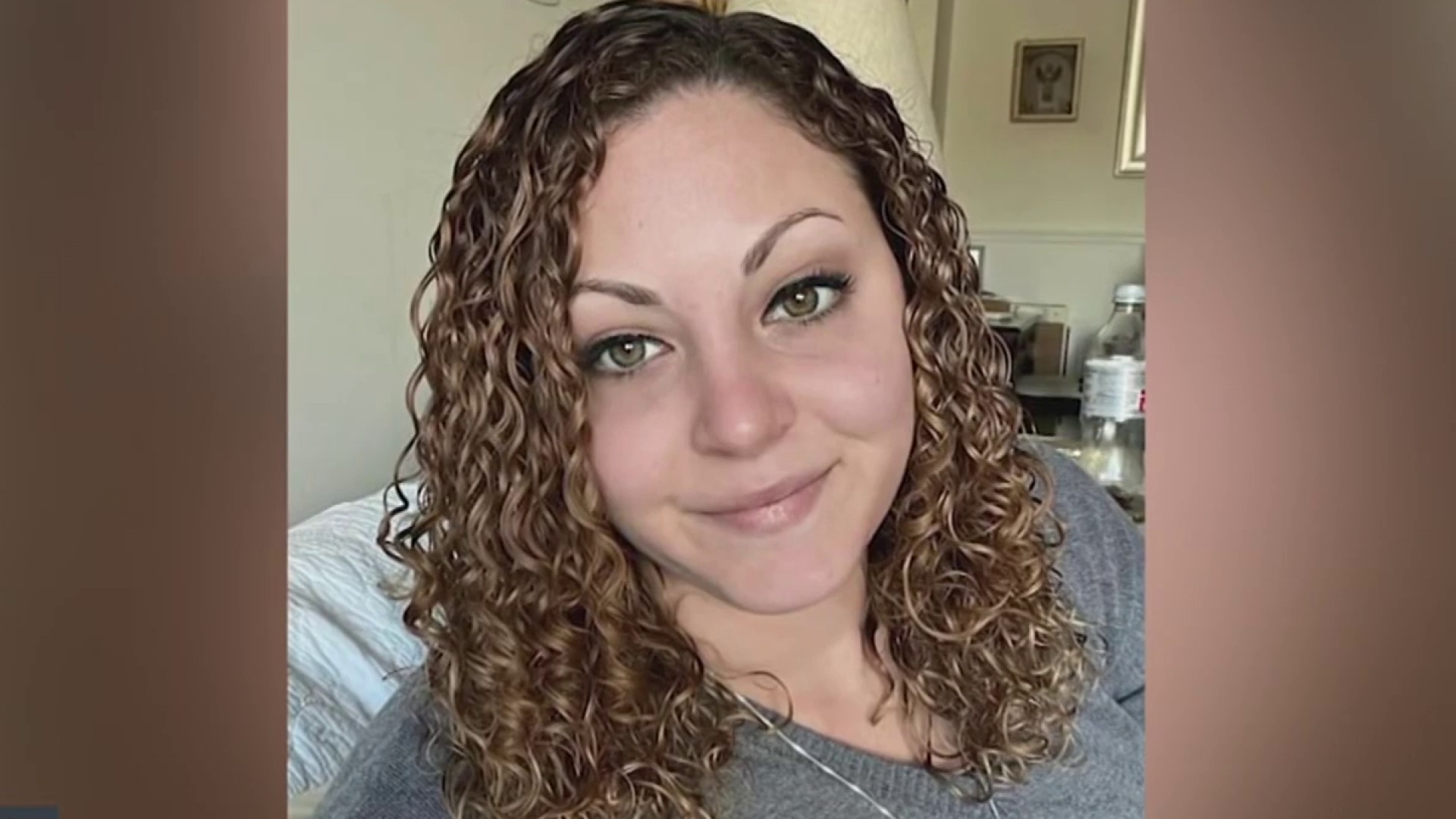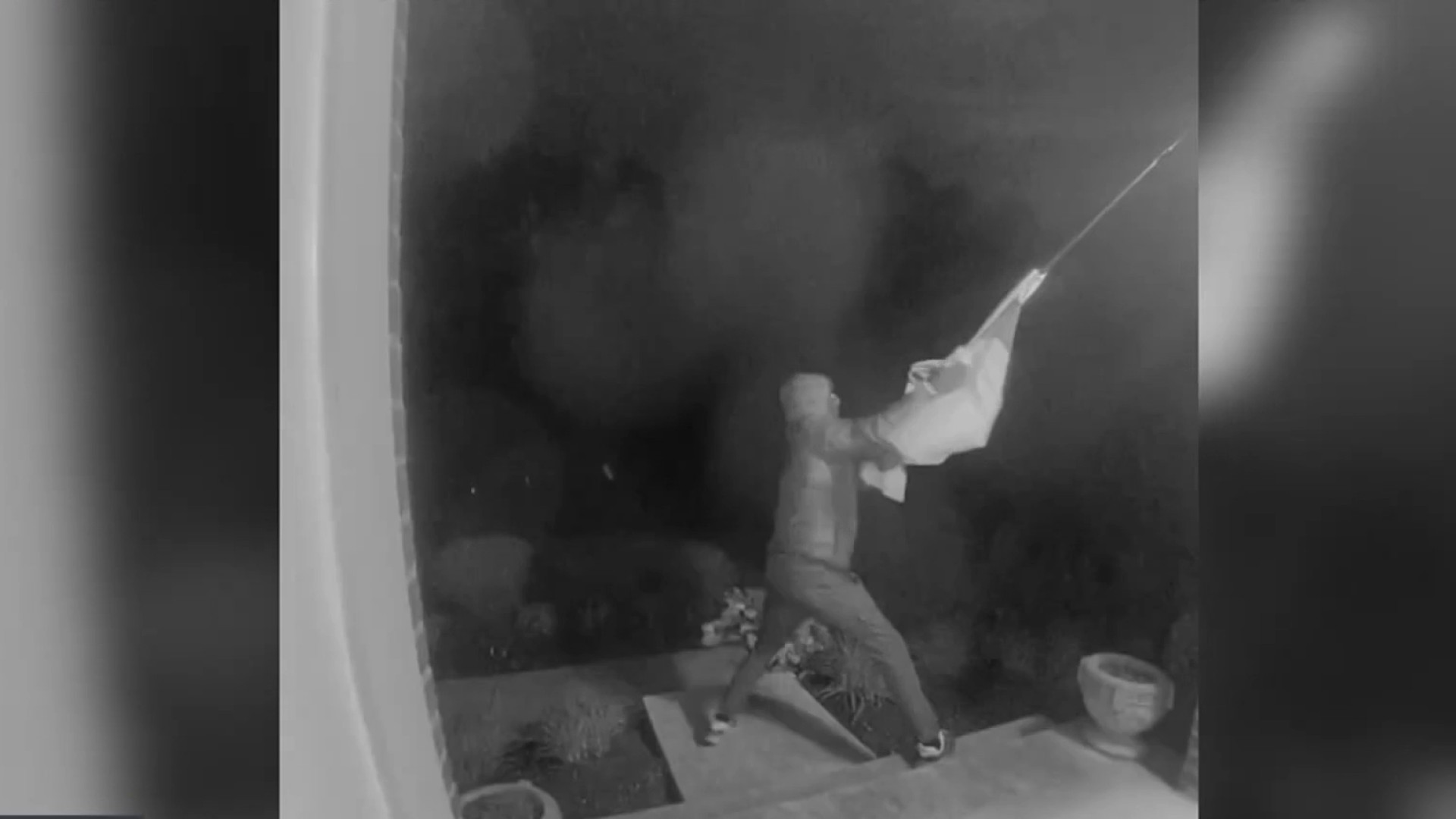A stock trader convicted of involuntary manslaughter in a case related to a secret network of tunnels built under a Maryland home received a reduced sentence on Tuesday.
Montgomery County Circuit Court Judge Margaret Schweitzer resentenced Daniel Beckwitt on the conviction after the September 2017 death of 21-year-old Askia Khafra, who died in a fire at Beckwitt’s home.
Beckwitt had Khafra dig tunnels for a nuclear bunker beneath the home.
He was sentenced in 2019 to nine years in prison after a jury convicted him of second-degree “depraved heart” murder and involuntary manslaughter for Khafra’s death.
We're making it easier for you to find stories that matter with our new newsletter — The 4Front. Sign up here and get news that is important for you to your inbox.
In January 2021, the state's Court of Appeals upheld an earlier ruling from the Court of Special Appeals that the evidence wasn't sufficient to sustain Beckwitt's murder conviction. But it upheld his conviction for involuntary manslaughter under a theory of gross negligence.
On Tuesday, Judge Schweitzer sentenced Beckwitt to 10 years in prison with all but five of those years suspended.
Beckwitt will receive credit for the nearly three years he's served so far, meaning he will only have to serve two more years in prison.
Local
Washington, D.C., Maryland and Virginia local news, events and information
“We always felt that this case was overcharged from the beginning,” said Megan Coleman, one of Beckwitt's attorneys.
Schweitzer also ordered an additional five years of probation for Beckwitt when he is released and he must do 250 hours of community service.
“Our thoughts remain with the Khafra family who continues to grieve the loss of their son, Askia, every day. Today Judge Schweitzer sentenced at the top of the Maryland sentencing guidelines for a manslaughter charge," the state's attorney's office said in a statement. "We respect the sentence and the legal process that brought us here. As previously stated, we are pleased that the Maryland Court of Appeals, the highest Court in Maryland, affirmed the conviction on the critical charge of Involuntary Manslaughter in the case of State v. Daniel Beckwitt."
Firefighters found Khafra’s naked, charred body in the basement of Beckwitt’s trash-filled house, only a few steps from an exit. Prosecutors said the extreme hoarding conditions in the Bethesda home prevented Khafra from escaping.
Khafra met Beckwitt online. Beckwitt had invested money in a company Khafra was trying to launch as he helped Beckwitt dig the network of tunnels. A prosecutor described Beckwitt as a skilled computer hacker who had a paranoid fixation on a possible nuclear attack by North Korea.
Beckwitt took elaborate steps to keep the project a secret. He tried to trick Khafra into thinking they were digging the tunnels in Virginia instead of Maryland by having him don “blackout glasses” before taking him on a long drive. Khafra had a cellphone with him in the tunnels, but Beckwitt used internet “spoofing” to make it appear they were digging in Virginia.
Khafra worked in the tunnels for days at a time, eating and sleeping there and urinating and defecating into a bucket that Beckwitt lowered down to him. The tunnels had lights, an air circulation system and a heater.
A hole in the concrete basement floor led to a shaft that dropped down 20 feet into tunnels that branched out roughly 200 feet in length. Investigators concluded the blaze was ignited by a defective electrical outlet in the basement.
Prosecutors said Beckwitt ignored obvious signs of danger and sacrificed safety for secrecy. Defense attorney Robert Bonsib told jurors the fire was an accident, not a crime. He described his client as an idiosyncratic but “incredibly brilliant” man who never intended any harm.
The appeals court panel's ruling says depraved heart murder requires an “extreme indifference to the value of human life," whereas gross negligence involuntary manslaughter requires only “a wanton and reckless disregard for human life."
The panel said Khafra wouldn't have died if Beckwitt hadn't arranged for him to work in a dangerous environment. But the judges noted that prosecutors did not present evidence that the tunnels themselves were structurally unsafe.
"To be sure, [Beckwitt] intentionally concealed the tunnels’ location from Khafra, and apathetically responded to electrical failures on the day of the fire, but we cannot conclude that appellant realized — or reasonably should have realized — that his conduct was 'likely, if not certain' to cause death," their ruling said.
Schweitzer, the Circuit Court judge, told Beckwitt last year that his “intellectual arrogance” led to the tragedy.
“You thought that everything would be fine because you were very smart,” she said during Beckwitt's sentencing hearing. “You thought you could fix everything.”



